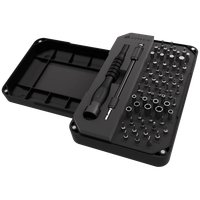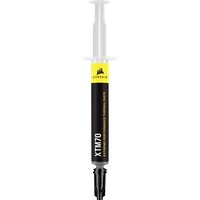Our PCs are essential tools for work, entertainment, and communication. But as crucial as they are, maintaining them often takes a back seat. You might not realize it, but dust can be a silent destroyer of your PC's performance and longevity. In this article, we will guide you through the importance of regularly clearing dust from your PC, how often it should be done, and the best practices to keep your device in top-notch condition.
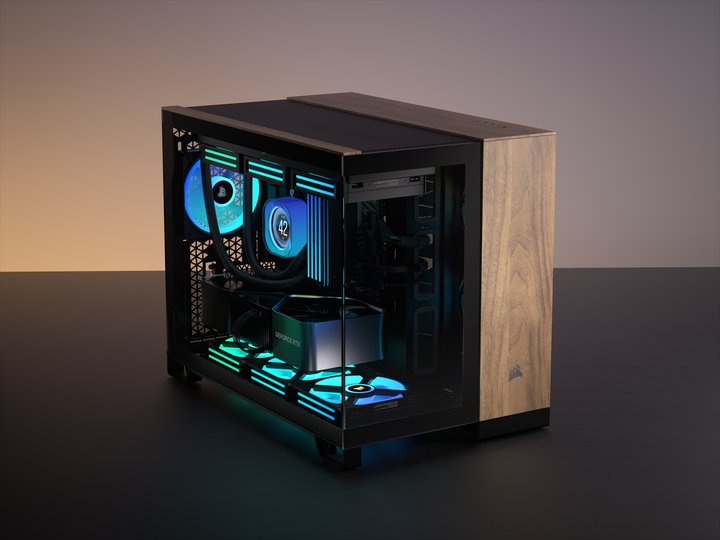
WHY DUST IS HARMFUL TO YOUR PC
Dust particles might seem harmless, but they can wreak havoc on your computer's internal components. The main issue is that dust can block airflow, causing your PC to overheat. Overheating can lead to thermal throttling, where your processor slows down to prevent damage. In extreme cases, persistent overheating can cause permanent damage to your hardware.
Reduced Performance, Increased Risk of Hardware Failure, and Shortened Lifespan
When dust accumulates inside your PC, it can clog the cooling fans and vents. This restriction in airflow forces the fans to work harder, which can lead to increased noise levels and reduced performance. Over time, your PC may start to lag, freeze, or even shut down unexpectedly. Dust can also settle on sensitive components like the motherboard, graphics card, and RAM.
This layer of dust can cause electrical shorts, corrosion, and other forms of physical damage. In severe cases, it might lead to complete hardware failure, requiring costly repairs or replacements. A clean PC is a happy PC. Regular maintenance helps ensure that all components function optimally, thereby extending the lifespan of your device. Neglecting dust buildup can shorten the life of your PC, leading to the need for premature upgrades or replacements.
WHAT DO YOU NEED?
Compressed air is ideal for blowing dust out of hard-to-reach areas. It's a staple tool for any PC cleaning job, allowing you to remove dust without physically touching the components. Soft brushes and microfiber cloths are perfect for gently wiping dust off delicate surfaces. Soft brushes can get into nooks and crannies, while microfiber cloths are excellent for cleaning fan blades and other accessible parts.
HOW TO CLEAN YOUR PC
Before you start, ensure your PC is powered down and your PSU power switch is set to the off position. This step is crucial for your safety and the safety of your PC's components.
Many PC cases come with built-in dust filters. this is the easiest step and this where you should start.
- These are usually fairly easy to clean, simply slide the filsters off or if they are magnetic, just pry them off and clean them with a damp cloth or running water. Make sure you fully dry them off before placing them back on the PC. Then you're going to want to open the case.
- Carefully unscrew the side panel of your PC case and gently slide the panel off to expose the internal components. Hold the canister of compressed air upright and use short bursts to blow dust out of the PC. Start from the top and work your way down, paying special attention to the cooling fans, heat sinks, and vents. Use a soft brush to dislodge any dust from specific components such as cooling fans and heatsinks, follow up with compressed air. Be extra cautious when cleaning the motherboard and RAM. Use short bursts of compressed air to remove dust without dislodging any components. Avoid using a brush on these sensitive parts.
- For hard drives and SSDs, a light dusting with a microfiber cloth should suffice. The power supply unit (PSU) can be cleaned using compressed air.
HOW OFTEN SHOULD YOU CLEAN YOUR PC?
The frequency of cleaning your PC depends on several factors, including your environment and its usage. However, a general rule of thumb is to clean your PC every three to six months.
Environmental Factors: If you live in a dusty area, have pets, or smoke inside your PC is likely to accumulate dust and other similarly potentially harmful debris faster. In such cases, you might need to clean your PC more frequently, say every two to three months. Conversely, if you work in a relatively dust-free environment, a bi-annual cleaning should suffice.
Usage Patterns: Heavy users, such avid gamers or professionals running resource-intensive applications, should consider cleaning their PCs more often. The increased workload generates more heat, attracting more dust to the cooling components. For casual users, a twice-yearly cleaning schedule should be adequate.
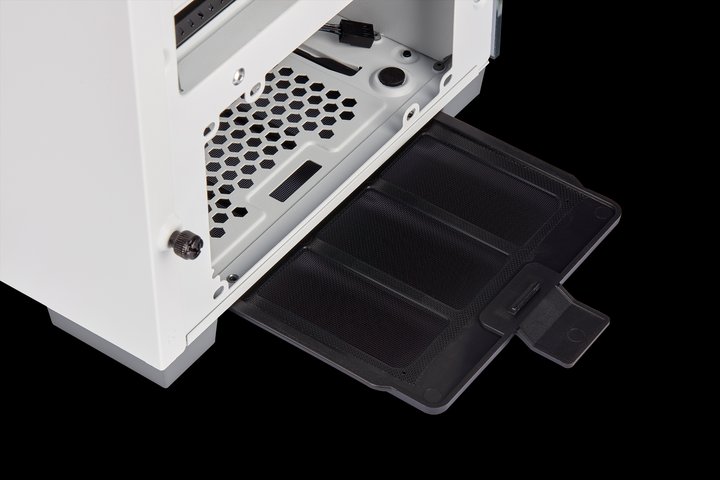
THE BENEFITS OF A CLEAN PC
Beyond preventing hardware damage, keeping your PC clean offers several other benefits.
Enhanced Performance: A clean PC runs cooler and more efficiently, allowing you to get the most out of your hardware. You'll notice faster load times and smoother performance in applications and games.
Longer Lifespan: Regular maintenance extends the life of your PC components. You'll save money in the long run by reducing the need for repairs and replacements.
Quieter Operation: Dust-clogged fans work harder and noisier. Keeping your PC dust-free results in quieter operation, making for a more pleasant user experience.
PRODUCTS IN ARTICLE
RELATED CONTENT
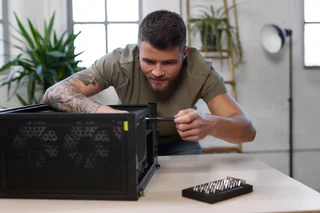
DIY BUILDER
WHAT TOOLS DO I NEED TO BUILD A PC?
You'll find building a PC a lot easier when you have the right tools to hand.
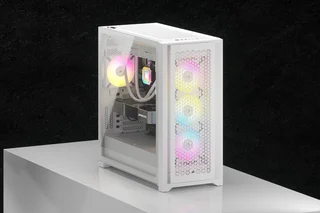
DIY BUILDER
WHAT FANS COME WITH CORSAIR CASES?
Wondering which fans you get when you buy a case from CORSAIR? We got all the answers right here.
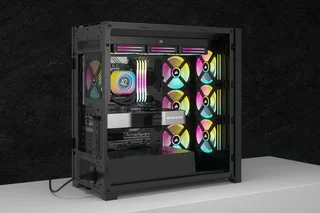
DIY BUILDER
WHAT TOOLS TO USE TO TEST YOUR PC WITH
In this CORSAIR Explorer article, we will show you how to run diagnostics on your PC to make sure everything is working properly.
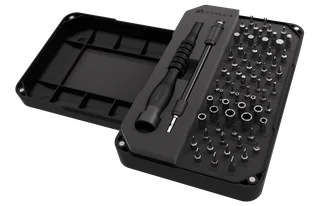
DIY BUILDER
CORSAIR DIY PRECISION TOOL KIT: THE PERFECT PC BU…
PC building can be fiddly business, so we've created our very own DIY precision tool kit. Here's what you get and why it helps
